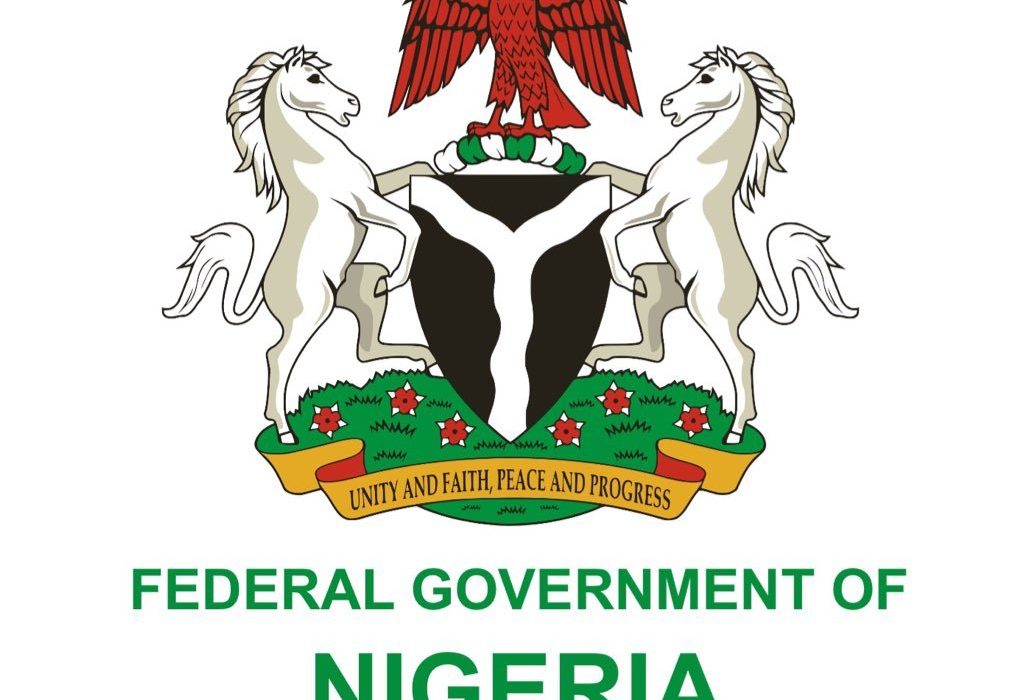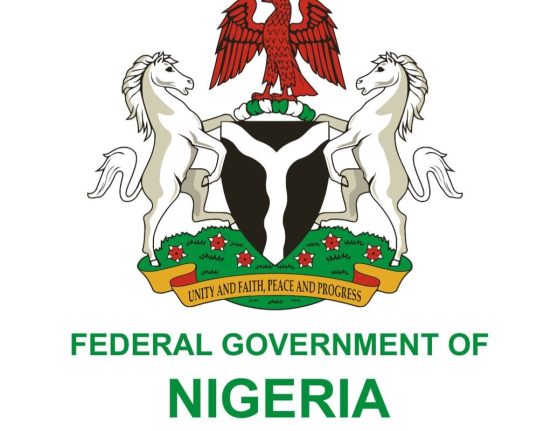The Federal Government has described Nigerians in the diaspora as one of the country’s most untapped strategic assets, revealing that their financial contributions alone amounted to over $20 billion in remittances in the year 2024. The government stated this while reiterating its commitment to deepen engagement with the global Nigerian community to harness their full potential for national development.
Speaking on the matter, senior government officials emphasized that diaspora remittances have continued to play a pivotal role in stabilizing Nigeria’s economy, often surpassing the country’s foreign direct investment inflows. The $20 billion recorded in 2024 reflects a consistent upward trend in diaspora contributions, with funds largely channeled into household support, education, healthcare, and small-scale businesses.
According to available data from the Central Bank of Nigeria (CBN) and the Nigerians in Diaspora Commission (NiDCOM), these remittances not only serve as a critical source of foreign exchange but also contribute significantly to Nigeria’s GDP. The government is now intensifying its efforts to create structures that will enable diaspora Nigerians to be more involved in policymaking, investment, and national transformation.
Officials noted that beyond financial remittances, the diaspora community remains a reservoir of talent, expertise, and influence across various sectors including medicine, engineering, ICT, academia, and entrepreneurship. Yet, their contributions remain underleveraged due to structural and policy limitations, which the current administration under President Bola Ahmed Tinubu is aiming to address through the implementation of inclusive diaspora engagement strategies.
With Nigerians residing in the United States, United Kingdom, Canada, the United Arab Emirates, South Africa, and other global hubs contributing significantly to this remittance figure, the government has called for stronger collaboration to tap into their skills, networks, and resources beyond monetary transfers.
The Federal Government also commended the role of the diaspora in promoting Nigeria’s image abroad and supporting national causes during periods of crisis and transition. As part of broader economic reforms, there are ongoing conversations around enabling diaspora voting rights, creating dedicated investment channels, and offering incentives for Nigerians abroad to participate more directly in nation-building.
As Nigeria continues to navigate economic challenges and pursue sustainable growth, the diaspora community is being recognized not just as remitters, but as stakeholders and strategic partners in the country’s future.

